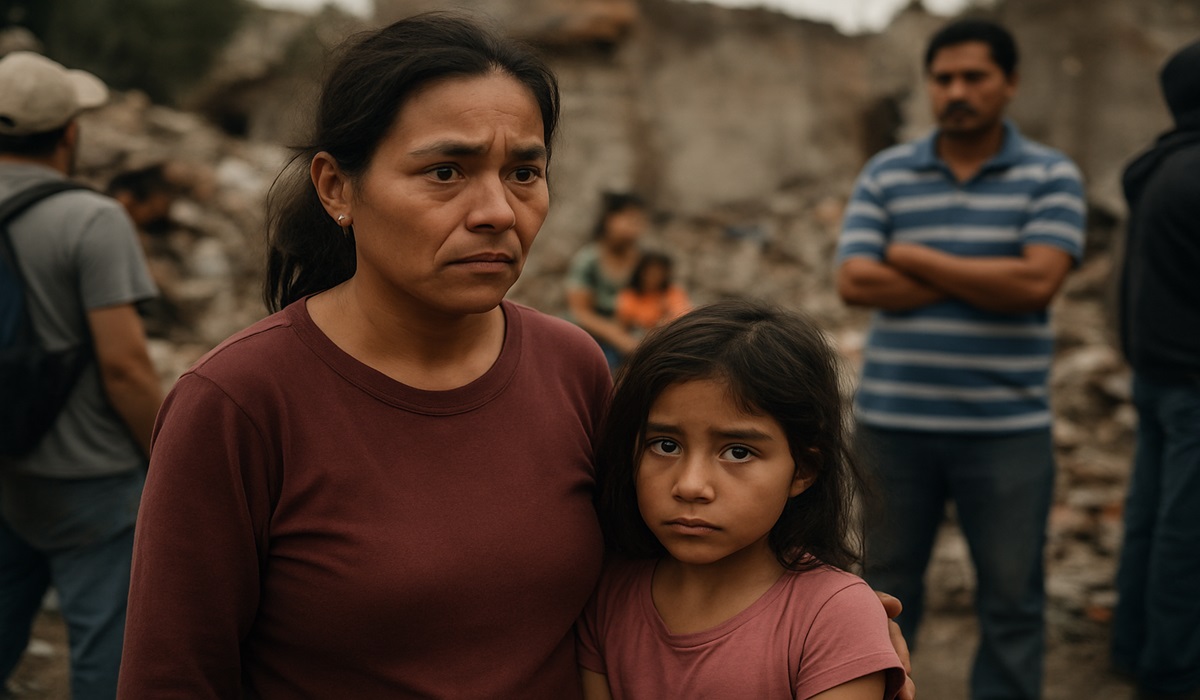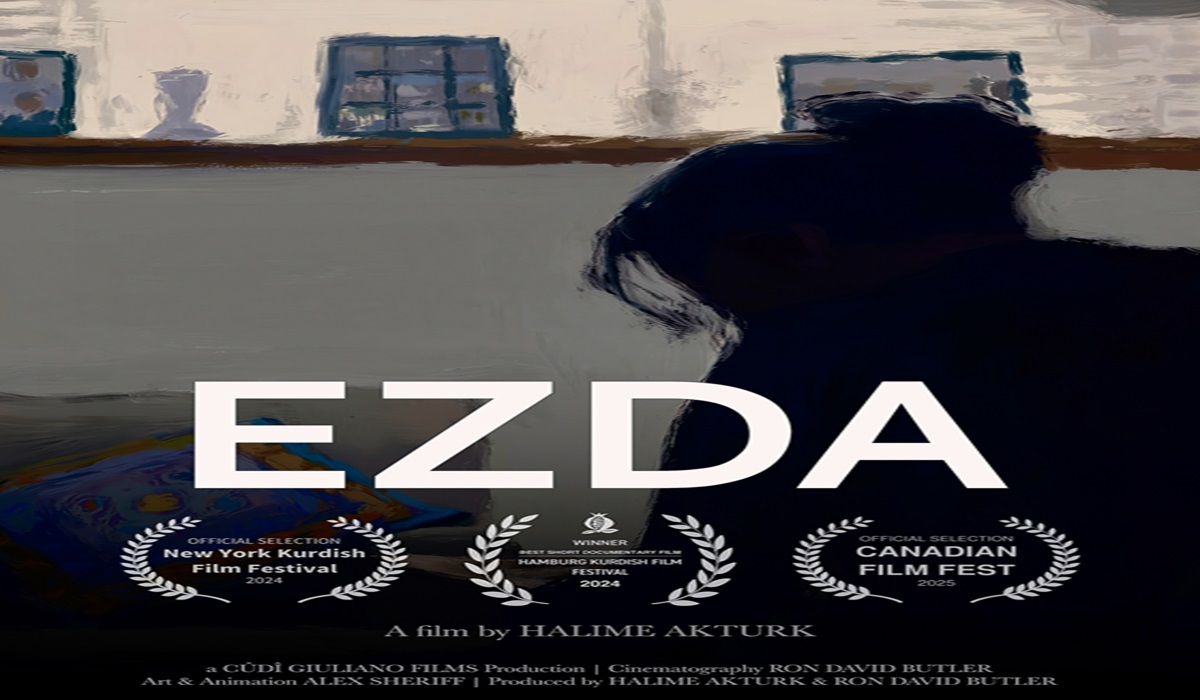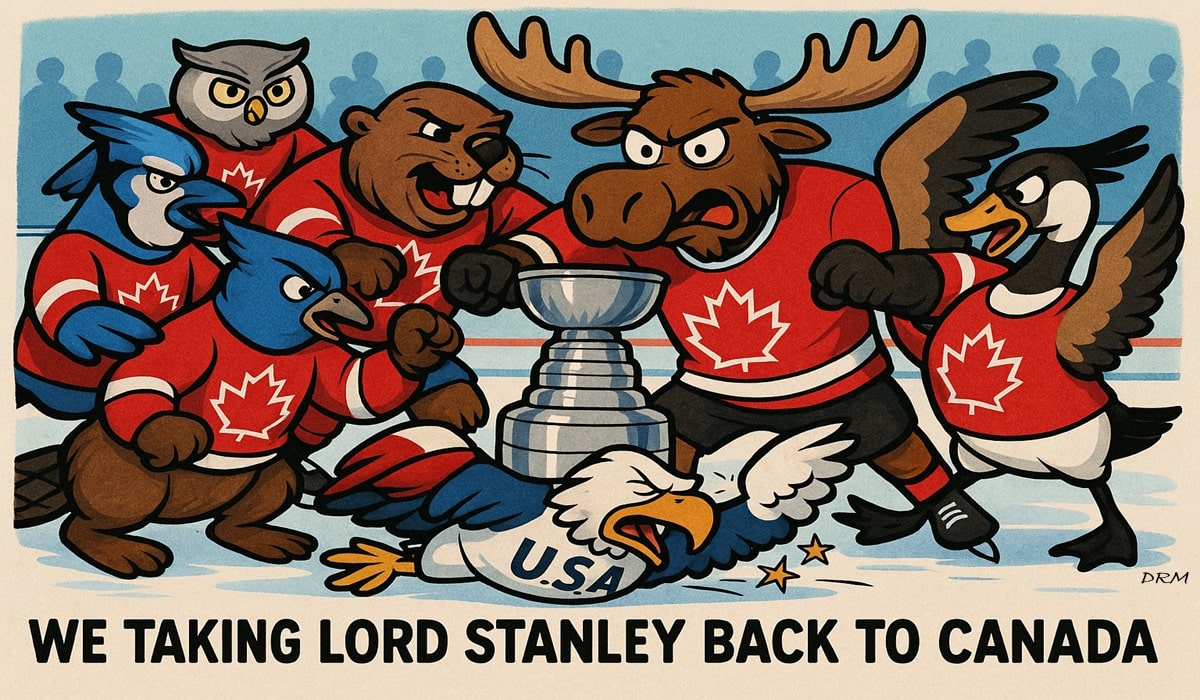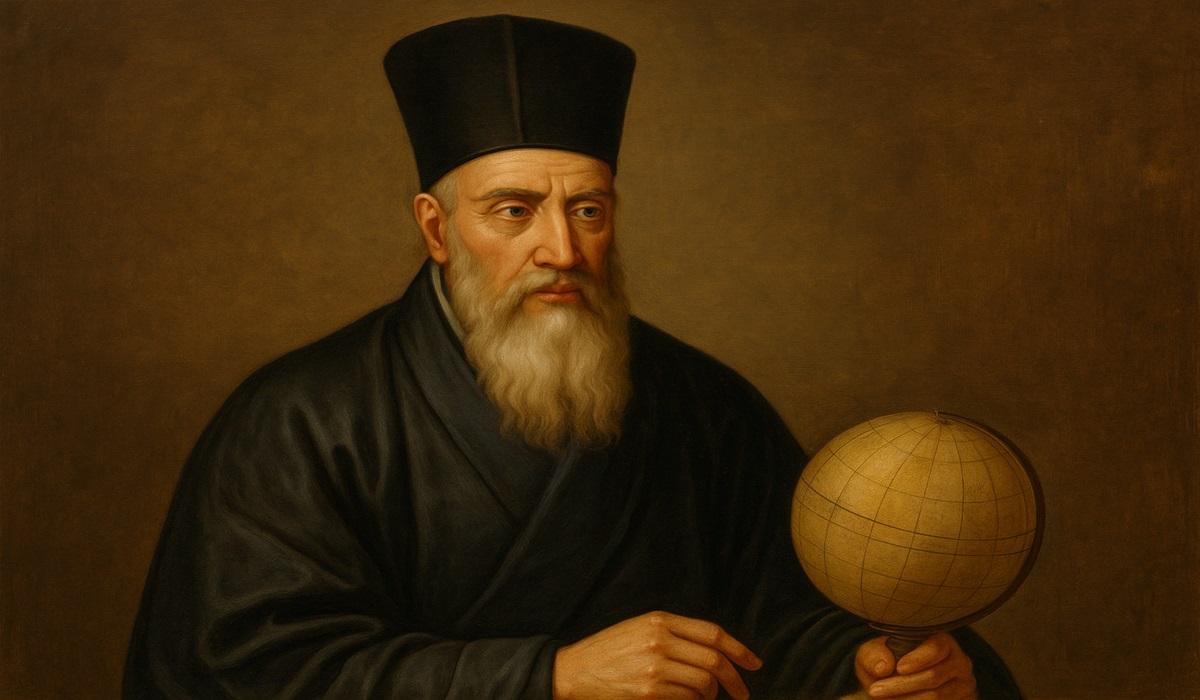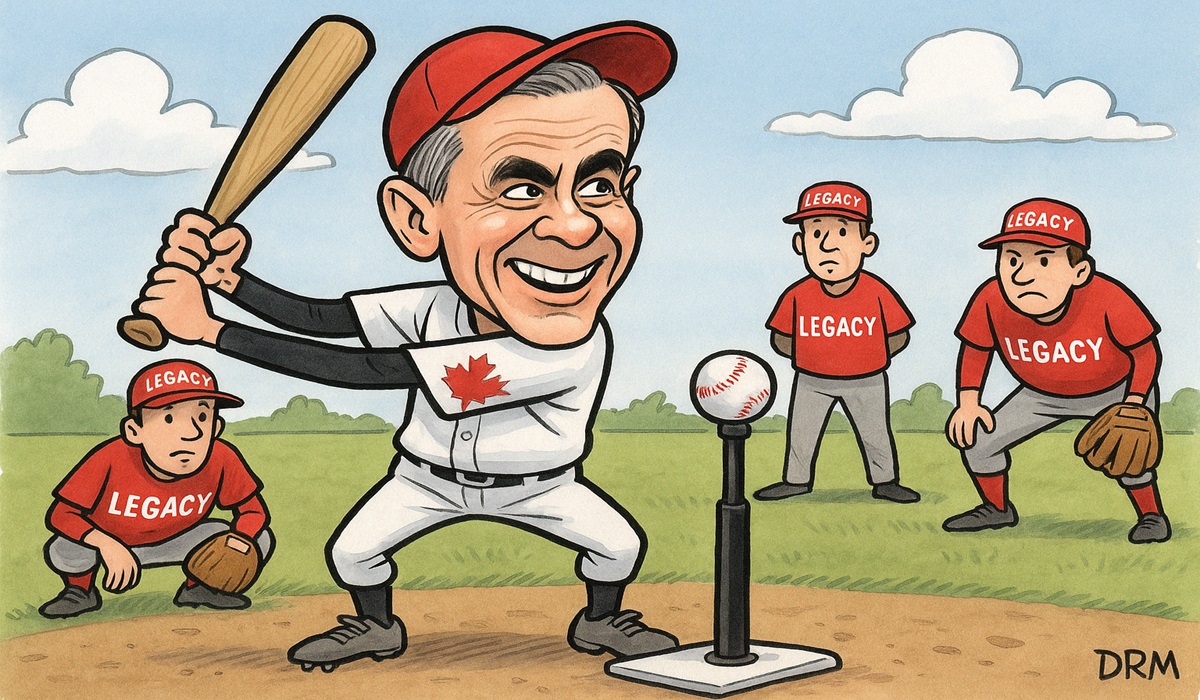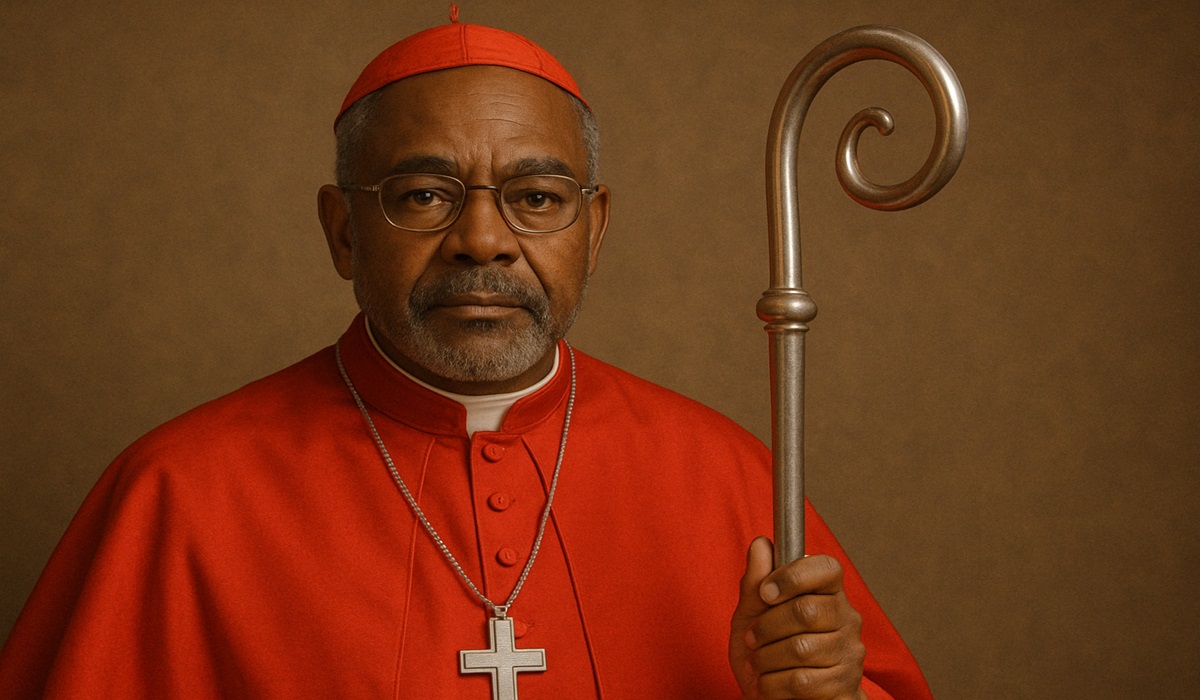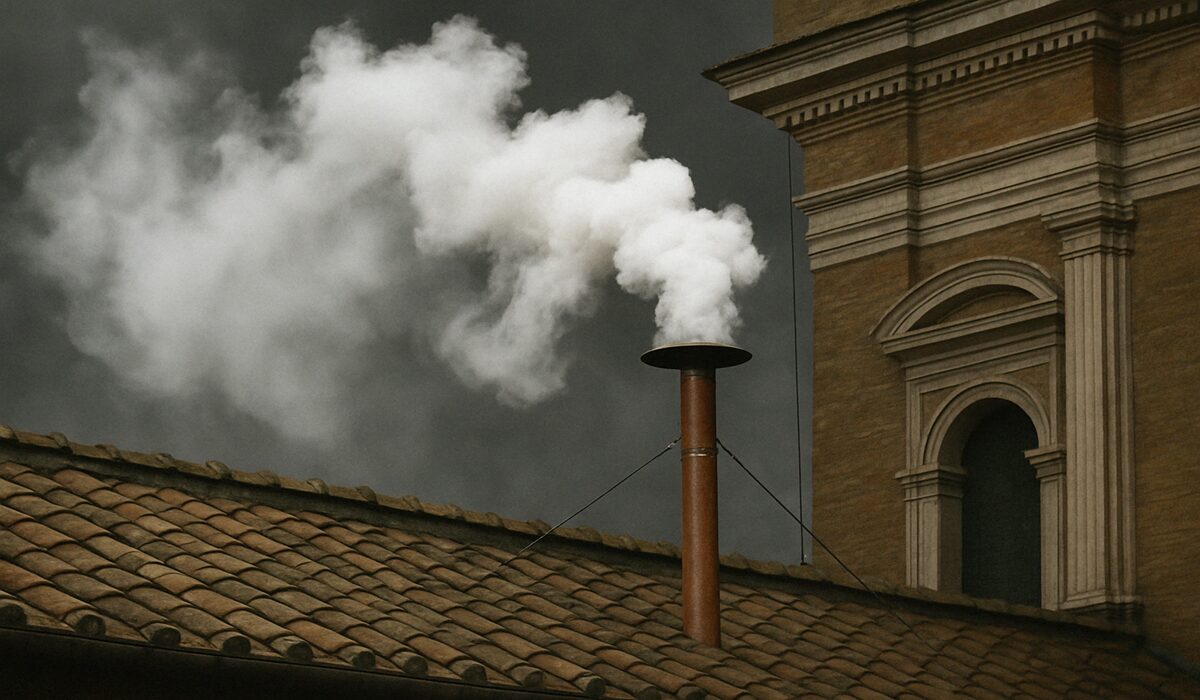Three Ethiopian Heroes In a Time of War
- Steve Ogah
- World News
- Africa
- D.O.C Supplements - Trending News
- March 17, 2022

Three Ethiopian Heroes In a Time of War
Recent successes by resilient Ethiopians have cast a warm and pleasing light on an otherwise disconsolate story coming out of the horn of Africa. Ethiopia is in an atrocious conflict with separatist fighters in the North of the country. But giant strides have been made in sports, literature and morality or ethics by Ethiopians, such that it should be highlighted. And this story should be told in a tone that inspires others to strive for the best in personal and public spheres, most especially in a time of sorrow, tears and blood. But who are these intrepid Ethiopians who are singing songs of joy and individuality in a time of war against Tigray pro-independence forces in the North of the country?
Enter the Ethiopian American writer, Meron Hadero, an emerging literary giant and winner of the 2021, Ako Caine prize for African writing, who is writing stories of displacement, home and migration. In a recent conversation with the Caine Prize committee, she revealed her motivation for writing. “I tell stories for the privilege of living other lives through my characters, and understanding other selves. I tell stories to connect and to engage with readers and other writers. Really, a story is an invitation to ask questions, to seek out answers.”
Her winning short story shines with genuine talents and an innate promise for more literary glory. Arrestingly captioned with just three short words, “The Street Sweep,” is a commitment to the little people in society, in that the author is concerned with those who strive to thrive in the backwaters of society. She is not writing of high society here, rather of commoners whose counterparts bear the brunt of the ongoing crisis in Ethiopia. By winning a prestigious honor for literature at this turbulent time in her country’s history, she has made the subtle suggestion that all isn’t totally wrong with her country. Meron Hadero has succeeded in redirecting attention, even if rather briefly, from the din of mortar shells to the beacon of light that she now bears for the glory that can emanate from Ethiopia and Africa.
In her own words, “The Street Sweep is rooted in the main character’s fight to keep his home which he’s on the verge of losing. And he sets out on a mission that’s improbable and is told is impossible. And the story goes from there.” Madero writes of characters who can’t knot a tie but who are determined to succeed in life without ties, in a manner of speaking. The Judges of the 2021 Caine prize have remarked that her story is “superbly crafted. The language is fluid and weighted with color and memorable symbolism.” But interestingly, Madero’s achievement is not isolated. And this is pleasing news.
Guye Adola is the winner of the 2021 Berlin Marathon. And he is also an example of an illustrious Ethiopian and an African who can’t be traumatized into defeat by the tears from the conflict at home. He clawed his way to the finish line in 2:05:45. This is another remarkable achievement from a man whose country is in the throes of a long conflict. His illustrious win at the race is a beautiful news item which focuses on the positives of Ethiopians. Adola has done a fine job of casting the colors of his country’s flag in halos of glory and pride. For some fleeting moments, the world reflected once again, on those winning genes which Ethiopians are endowed with, both on athletic tracks and on the rugged paths of long distance road races. And just when one thought it couldn’t get any better, another intrepid Ethiopian pointed the way to go in the area of social mores and personal conscience.
Filsan Abdullahi Ahmed is the Ethiopian women minister who resigned her position in September of last year in a moment of personal resistance to the conflict her country is in with secessionist. This is a singular act of bravery and commitment to morality, which can only be inspired by a spiritual and humane conscience. In Filsan’s humanity, it is utterly unacceptable that conflict should arise between people who should cohabit in a harmonious existence. That is the subtext in her rebuke of all those engaged in the conflict in her homeland. Her personal standards are top notch and she made bold to forgo the high trappings of her office, and commit herself to the restoration of the dignity of all Ethiopians and humanity. Filsan feels diminished by allegations of rape by forces engaged in the conflict.
She insists that: “any situation that compromises my ethics is contrary to my convictions and values, and betraying those beliefs is a breach of trust to myself and our citizens.” Her resignation is only a bold attempt to hold forth and high, the light of peace, love and an unflinching hope that the war comes to an end soon. Her action was a stinging message to those thriving in the darkness of fratricidal bitterness. She deserves high praises.
The three Ethiopians highlighted here are simply light bearers, change seekers and a distinguished class of Africans. They are simply refocusing our attention to a song of hope which sings from the horizon. They empower us with the belief that all hope is not lost. Indeed, they have only said to us that Ethiopia and Africa is a place of illustrious people and sterling achievements in spite of all the glitches of her many troubles. Undeniably, there is light at the end of the long dark tunnel.
By earning personal honors, and impacting humanity positively, the new light-bearers from the horn of the continent are simply sending a communiqué of commitment to the motherland. There is hope for a future destined to be coated in glory. The war in Ethiopia is just a shame on humanity, but those who enable it should just hide their faces when the good ones create a document of those who make the world a better place to live in.

